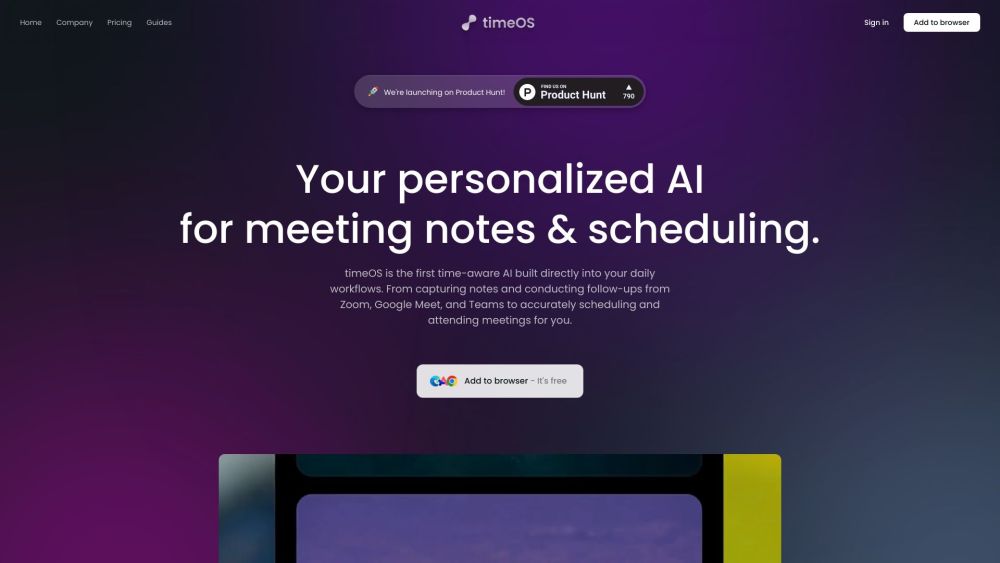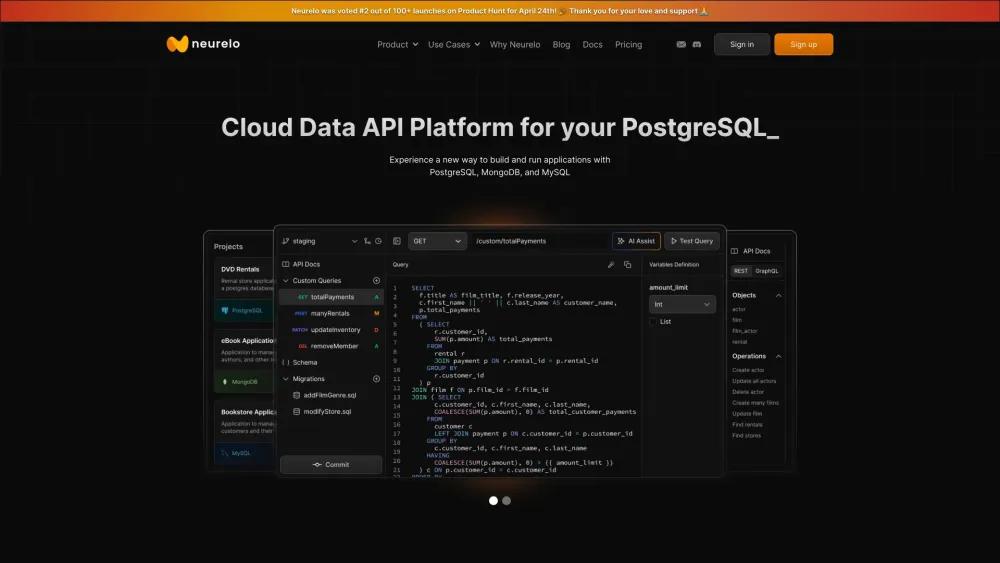AI Startup Claims Scraping All Online Songs Constitutes 'Fair Use'
Most people like

Optimize your meetings with AI-driven time management. Discover how leveraging artificial intelligence can streamline your scheduling, enhance productivity, and transform the way you conduct meetings for maximum efficiency.

Discover a groundbreaking app designed for offline AI experimentation that doesn’t require a GPU. Unlock the potential of artificial intelligence and explore innovative solutions anytime, anywhere, with this user-friendly tool.

In today’s data-driven world, AI-powered database APIs are revolutionizing how businesses interact with and manage their data. By leveraging artificial intelligence, these APIs streamline data retrieval, enhance accuracy, and enable more intelligent decision-making processes. Ideal for developers and businesses alike, AI-driven database APIs not only optimize performance but also foster innovation by allowing organizations to harness their data’s full potential. Explore the transformative impact of AI-powered database APIs and how they can elevate your data management strategies.
Find AI tools in YBX



